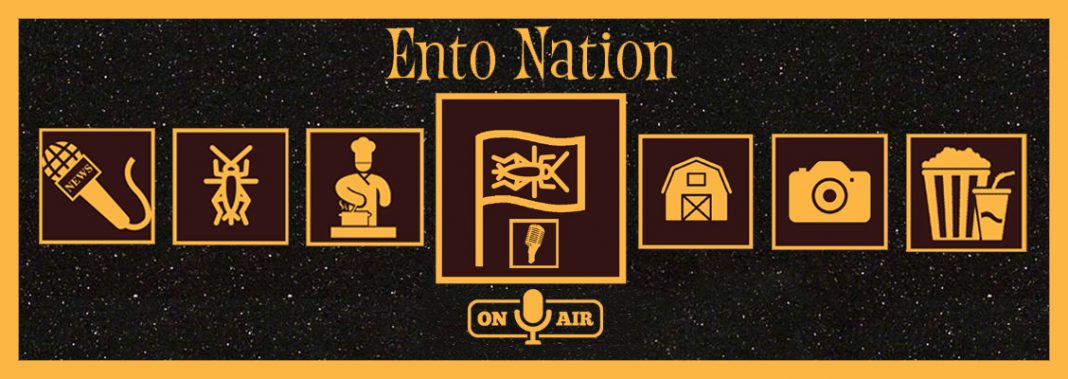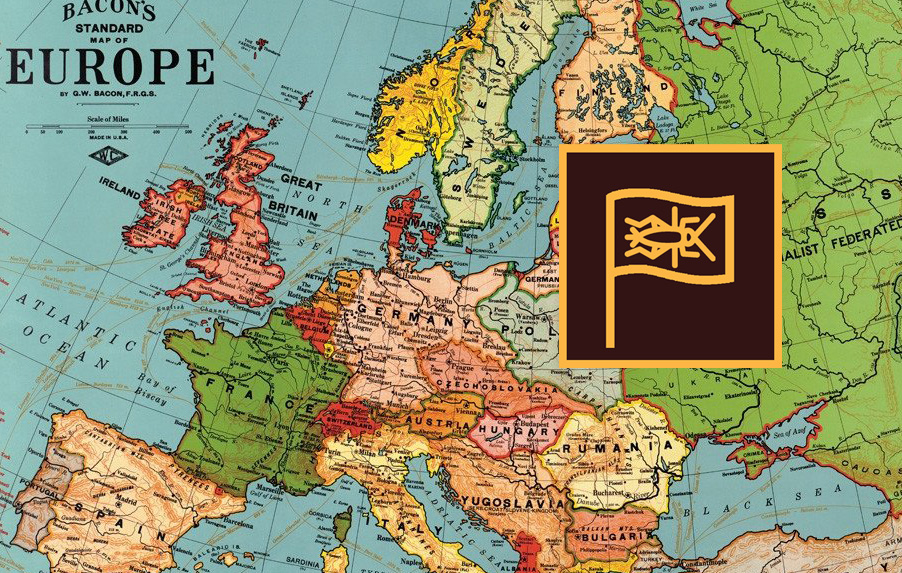Click here for the IPIFF’s recent release of the EU Novel Foods Regulations.
Before the beginning of the year there was no insect-specific regulation and insects were not specifically mentioned as a “novel food”, with people having to fall back on general requirements of food safety and hygiene. As a result, according to Freya Lemon, associate at law firm Michelmore’s, there was a degree of inconsistency across EU member states with products banned in some countries but largely approved in the UK. Ms Lemon said there was no central authorisation of novel foods, which meant there was less transparency. However, the introduction of the EU Novel Foods Regulation on 1 January 2018, means there is now regulation across all novel foods, including insects.
The current EU legislative framework is still governed by the BSE crisis and TSE regulations but the move to allow the exception of non-ruminant processed animal protein in aquaculture feed has opened the door. Rachel O’Connor, agriculture associate with Michelmore’s said the changes on 1 July 2017 permitted insect protein from 7 species to go into aquaculture feed (black soldier fly, house fly, yellow mealworm, lesser mealworm, house cricket, banded cricket and field cricket). This regulation (EU 2019/893) also covered a range of conditions, including record keeping, labelling, storage, methodology and contamination.















